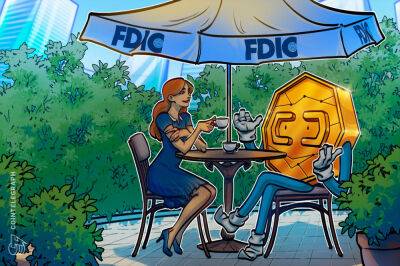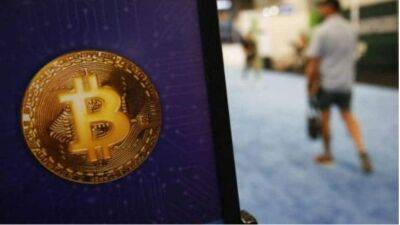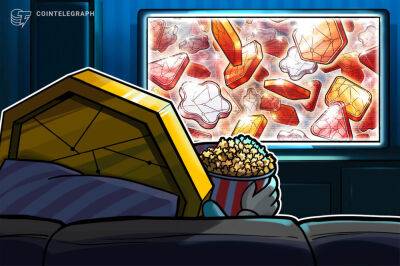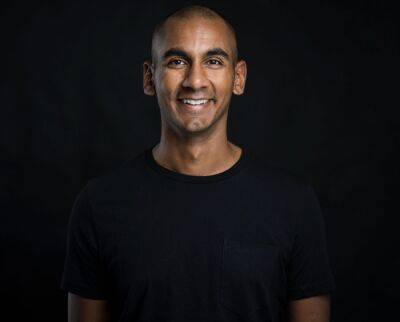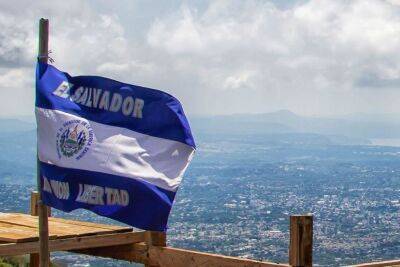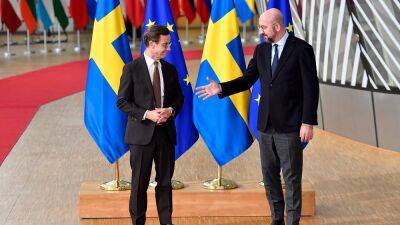UNICEF Giga NFTs to connect schools in developing countries to internet
Developed countries often take for granted the ubiquity of the internet. But the reality is that some 2.9 billion people still don’t have connectivity to the world wide web.
Data provided by UNICEF highlights that the majority of this internet-less mass of people reside in undeveloped countries, and children continue to be disadvantaged by the lack of internet connectivity at local schools.
A UNICEF-led initiative is tackling this dilemma in a novel way through a joint venture with the International Telecommunication Union that led to the creation of Giga in 2019.
Gerben Kijne, blockchain product manager at Giga, outlined the firm’s Project Connect initiative at the Blockchain Expo in Amsterdam. Giga has made strides in connecting schools to the internet in developing countries around the world.
The first step in this process was mapping schools and their connectivity through Project Connect. Giga uses machine learning to scan satellite images to identify schools on an open-source map. To date, it has pinpointed over 1.1 million schools across 49 countries and connectivity data for a third of these schools.
Having identified a huge number of schools in need of internet accessibility, the next step in the process was creating a novel fundraising initiative tapping into the world of blockchain, cryptocurrencies and NFTs.
Speaking to Cointelegraph after his keynote address at the RAI Convention Centre in Amsterdam, Kijne unpacked Giga’s Patchwork Kingdoms initiative. With NFTs surging in popularity over the past couple of years, Giga looked to make the most of the craze through its own NFT-led fundraising experiment in March 2022.
Giga teamed up with Dutch artist Nadieh Bremer to launch a collection of 1000 procedurally generated
Read more on cointelegraph.com



